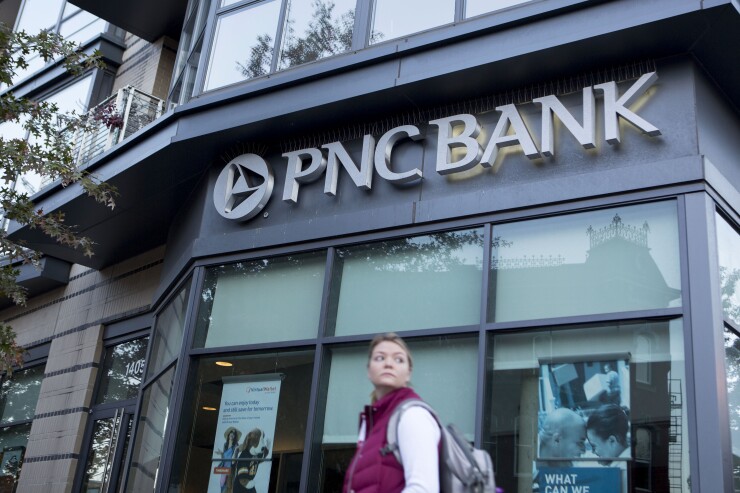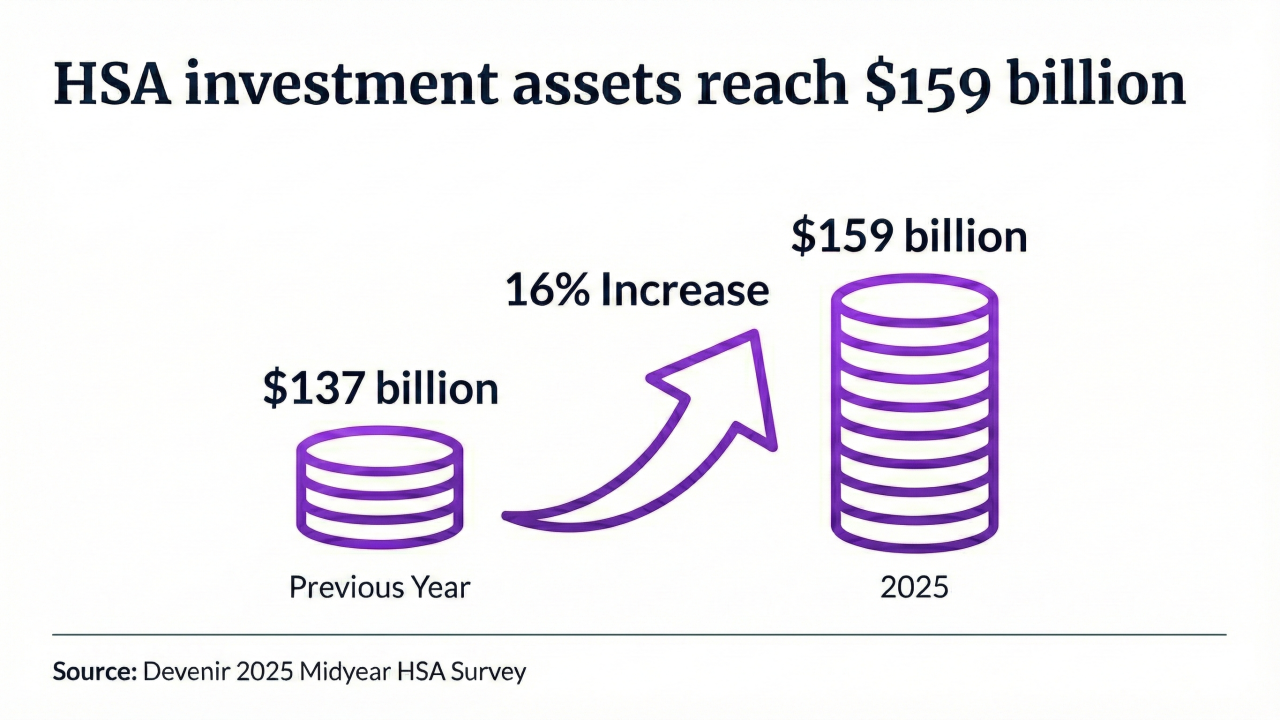As banks moan and groan in preparation for the fiduciary rule, PNC Bank has bit the bullet and whipped out a new service.
The bank will provide fiduciary investment advisory services to 401(k) and other retirement plan sponsors, it announced on Monday. It is part of the bank's "PNC Retirement Solutions" offering, which it has been delivering to the defined contribution industry for 24 years, PNC said.

The bank will provide both non-discretionary and discretionary investment services. The non-discretionary service is designed for plan sponsors that need help with selecting and monitoring the investment options they offer their participants but want discretion over the investment lineups.
The discretionary service, in contrast, gives PNC full discretion over fund selection, monitoring and replacement. Three types of investment lineups, built for different plan demographic profiles, will be available to plan sponsors under the discretionary service option, PNC said.
"With the Department of Labor's continued focus on fee transparency and fiduciary responsibilities, we are helping our retirement plan sponsor clients mitigate their risk by taking on the fiduciary role of advising on or managing investment lineups and providing fund options and services suitable for the particular needs and abilities of their workforce," Bonnie Fawcett, managing director for PNC Retirement Solutions, said in a statement.
The new "Fiduciary Investment Services" offering will serve clients that utilize the bank's Vested Interest bundled defined contribution service and do no work with an independent investment fiduciary. The services will also be offered on a stand-alone basis to plan sponsors that do not wish to change their current plan recordkeeper.
"We have introduced a refined level of fund screening and monitoring that will assist plan sponsors in meeting their obligations under ERISA and ensure that their employees are well served as they invest and plan for retirement," Fawcett said.





